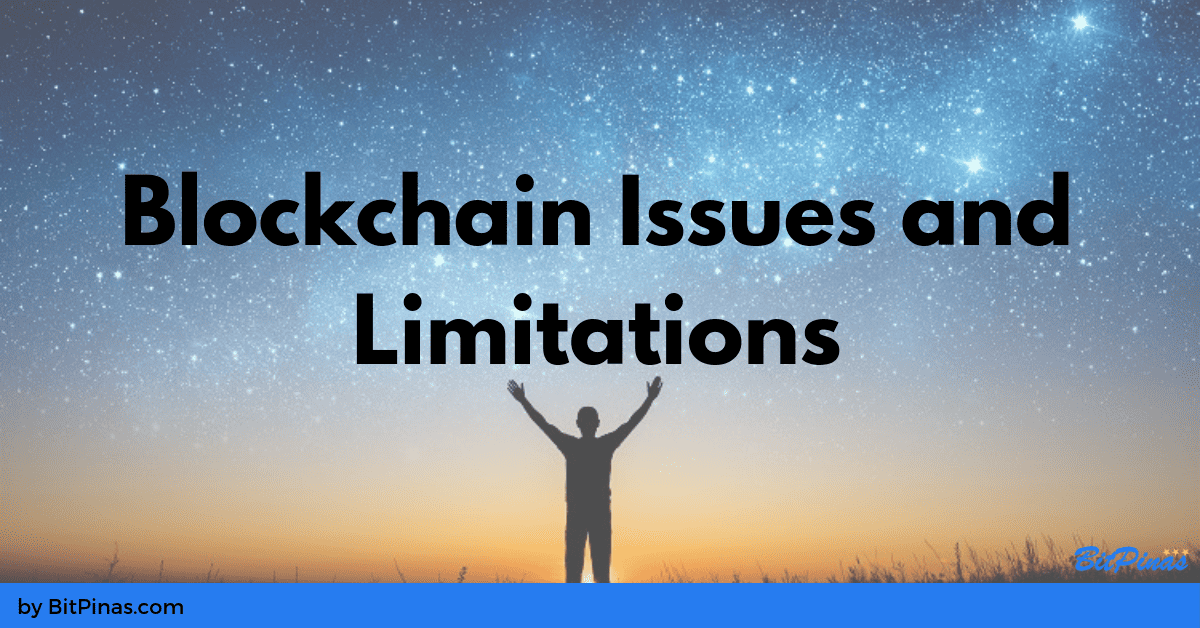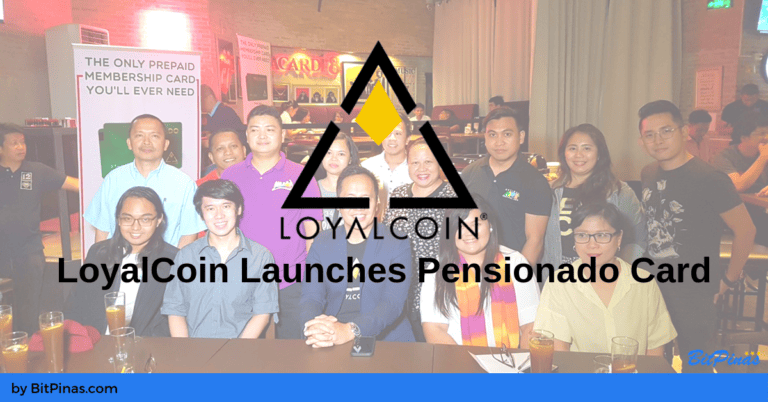Blockchain Issues and Limitations | Blockchain Philippines Guide
Several economists and prominent financial figures have called it overhyped and unsubstantiated. Let’s explore the different issues and limitations blockchain is facing.

Several economists and prominent financial figures have called it overhyped and unsubstantiated. Let’s explore the different issues and limitations blockchain is facing.
Complexity
Blockchain technology encompasses multiple industries and disciplines: DLT, cryptography, economics, finance, law. Each of them complex enough in its own respect, but jumble them all in one industry and you’ll find that it’s truly difficult to learn let alone master.
On-boarding newbies, especially non-developers is tough. Even programmers who aren’t familiar with it find it hard to grasp at first. Nevertheless, it’s not going to be too much of a problem in the future.
In retrospect, the internet was also relatively complex in the early nineties. But now, we are able to use it effortlessly without even knowing what TCP/IP is. In time, people won’t even need to know how blockchain works.
Scalability
Due to blockchain’s encrypted and distributed nature, it is difficult to increase the size of the network and users without slowing down transaction speed. This is currently one of the biggest issues limiting blockchain’s potential for worldwide adoption.
Fortunately, the industry leaders are working hard to overcome this limitation with multiple scaling solutions from different projects. We can rest assured that blockchains will eventually scale.
Environmental Costs
This isn’t true to all, but most blockchains use the proof-of-work system, which is energy-intensive. Bitcoin’s mining alone, is estimated to consume the same amount of energy in a year as the entire country of Austria.
Legalities and Regulation
Blockchain has a lot of unresolved legal issues.
Being a decentralized system, blockchain users are situated in different parts of the globe in different countries with different sets of laws. What’s completely legal and accepted in one region might be completely repulsive in another. How do we reconcile this?
Some countries are trying to build sound legal and regulatory frameworks for blockchains while most crypto proponents would say “no laws” is the best solution. Regardless, poor regulation hurts investors and makes it harder for startups that do genuine work to stand out in a sea full of scams.
Politics
Governance is an integral part of blockchains.
It doesn’t matter how decentralized a blockchain is, the fact that human programmers write the code means it is still subject to public disagreements between the communities that support it. For instance, there have been lots of political wars in both the Bitcoin and the Ethereum community, which resulted in forks and animosity between community members. This weakens the development and support of a project.
This article originally appeared on BitPinas: Blockchain Issues and Limitations | Philippines Guide
Resources: Forbes, Blocks Decoded, Coindesk, Compelo



